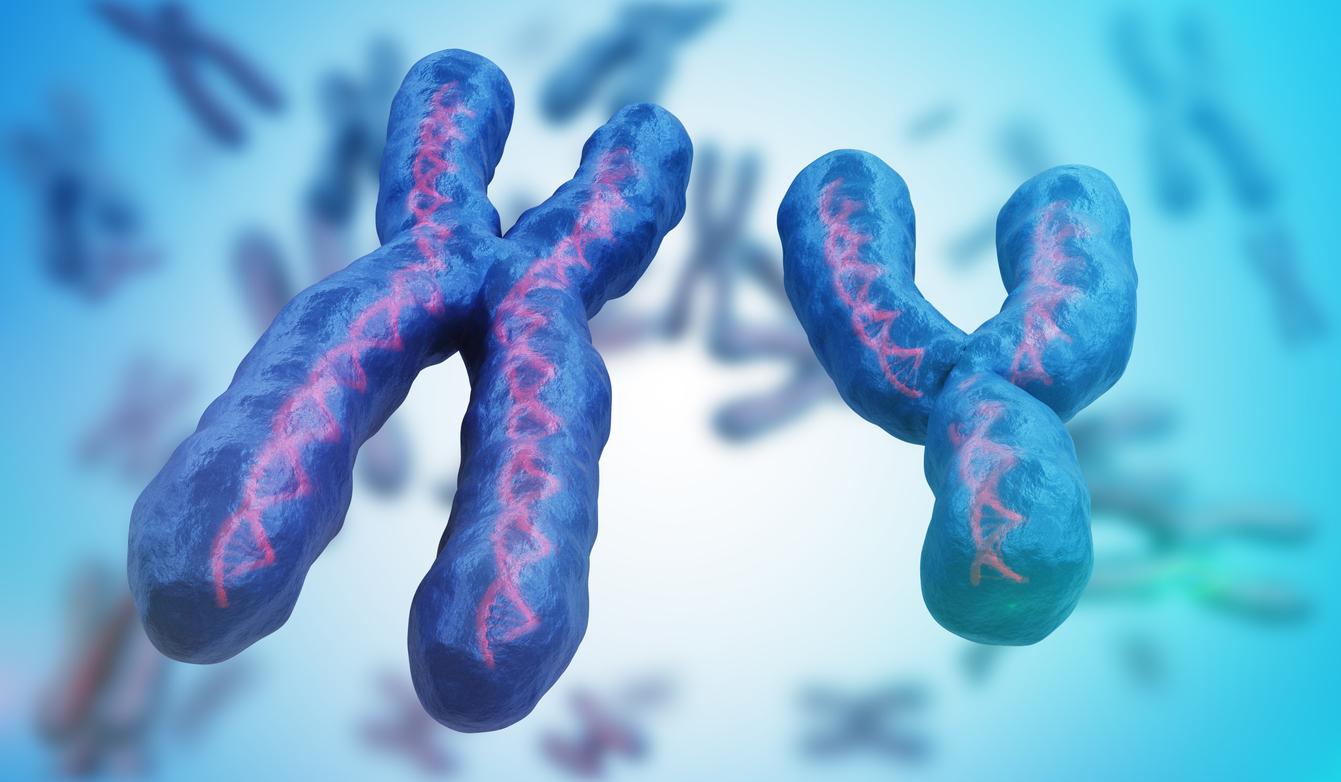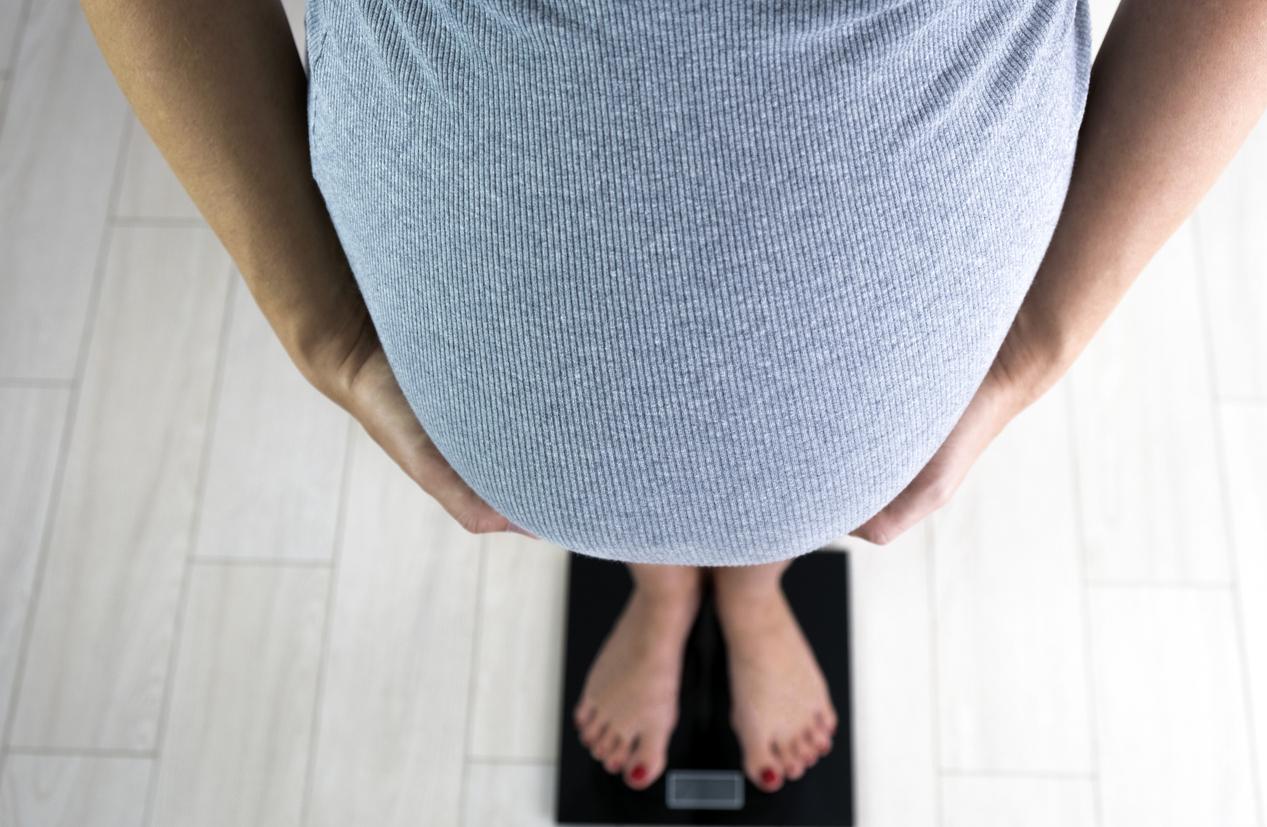The 4th plan autism was partly unveiled by the President of the Republic Emmanuel Macron. To improve research, screening and treatment of autism, at least 340 million euros over five years will be allocated. The 3rd autism plan (2013-2017), was endowed with only 205 million euros, and almost half of the measures were never put in place. While the Court of Auditors published in a report released in January, that the annual cost of the management of autism amounted to 6.7 billion euros.
During a visit to the early developmental intervention unit (Unidep) of the Rouen University Hospital, the president spoke about theautism. “We need to have a diagnosis as soon as possible. We are going to generalize the training of all professionals, pediatricians, doctors, to have, at the 9th month or the 24th month, at the scheduled consultations, the reflex to check the minimum and alert on a psycho-autistic disorder, “he said. noted. Today, children with autism are diagnosed late, on average between 3 and 5 years old. A reimbursement package for parents from January 1, 2019 to intervene early must also see the light of day, said Emmanuel Macron.
To improve the situation of autistic people and the lives of their families, this new plan will improve:
– early diagnosis. Today, 45% of diagnoses concern children and adolescents between 6 and 16 years old. “Too late,” says the government.
– The scholarship. 30% of children with autism attend kindergarten two or less days a week. The objective is to reach 100% in kindergarten for the age group born in 2018, who will enter school, now compulsory at age 3, in 202).
– assistance to families. The government wants to create structures for temporary care (a few hours or days) of autistic children or adults. This phase is endowed with six million euros)
– and research. The executive also plans to develop research on neurodevelopmental disorders, to “put science back at the heart of autism policy”. A budget of 14 million euros is planned.
Read also :
Autism in children: early diagnosis for better care
Autism: detecting the disease with the eyes?
Autism: gaps in care


















